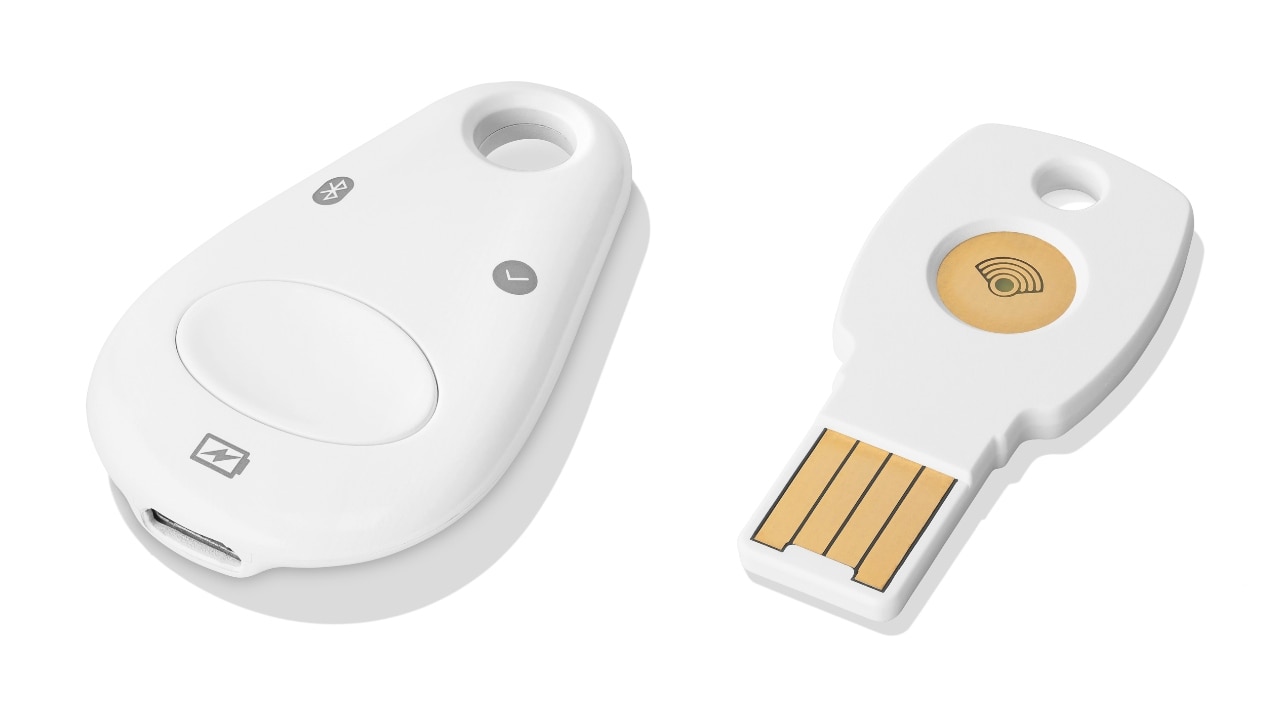
The security key will only begin the authentication process on the real website, not on dummy web pages that appear legit to the human eye. The technology also works against phishing attacks that trick you into visiting phony websites under the control of the hacker. Hackers based miles away in another city or country may be able to guess your password, but without the actual security key, they still won't be able to break into the account. That's why Google has been investing in security key technology it introduces a physical element into the equation. However, one-time passcodes generated over your phone can still be phished, in large part because passwords and special codes are all digital, making them easy to send and replicate. Or they can spoof an email from Google and convince victims to log into a Gmail page that's actually under the control of a hacker.īrand said two-factor authentication certainly makes it much harder for bad actors to break into your account. In rare cases, a persistent attacker can actually defeat two-factor authentication, said Christiaan Brand, Google Cloud product manager.Ĭybercriminals can access the one-time 2FA passcode sent to your phone through what's called " SIM swapping," in which they impersonate the victim and dupe a cellular provider into giving up access to the person's mobile phone account. The biggest internet services all offer 2FA as a free solution to help protect online accounts, but this setup isn't completely hack-proof either.

This forces a user to log in with both a password and another piece of information, usually a one-time passcode generated on a smartphone. To prevent account takeovers, the tech industry is pushing two-factor authentication (2FA). A hacker can simply guess the login credentials or craft an email to try and trick you into giving up the details.


Unfortunately, most people are still protecting their accounts with a mere password, which can make them all too easy to crack.

To break in, a hacker would need your password and the physical key, which can sign a digital authentication request to unlock your account. A security key is a device that essentially adds another step to the account sign-in process.


 0 kommentar(er)
0 kommentar(er)
